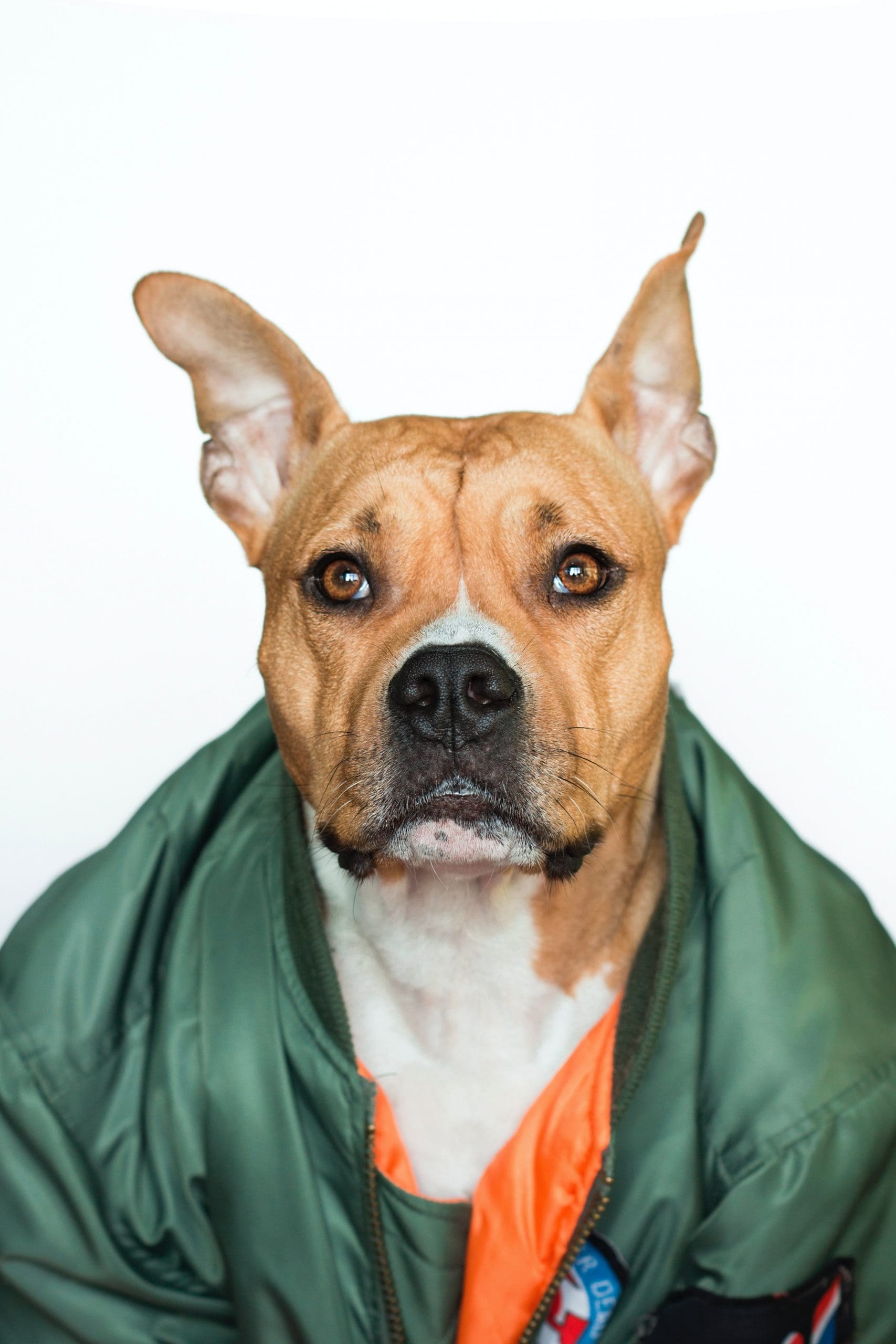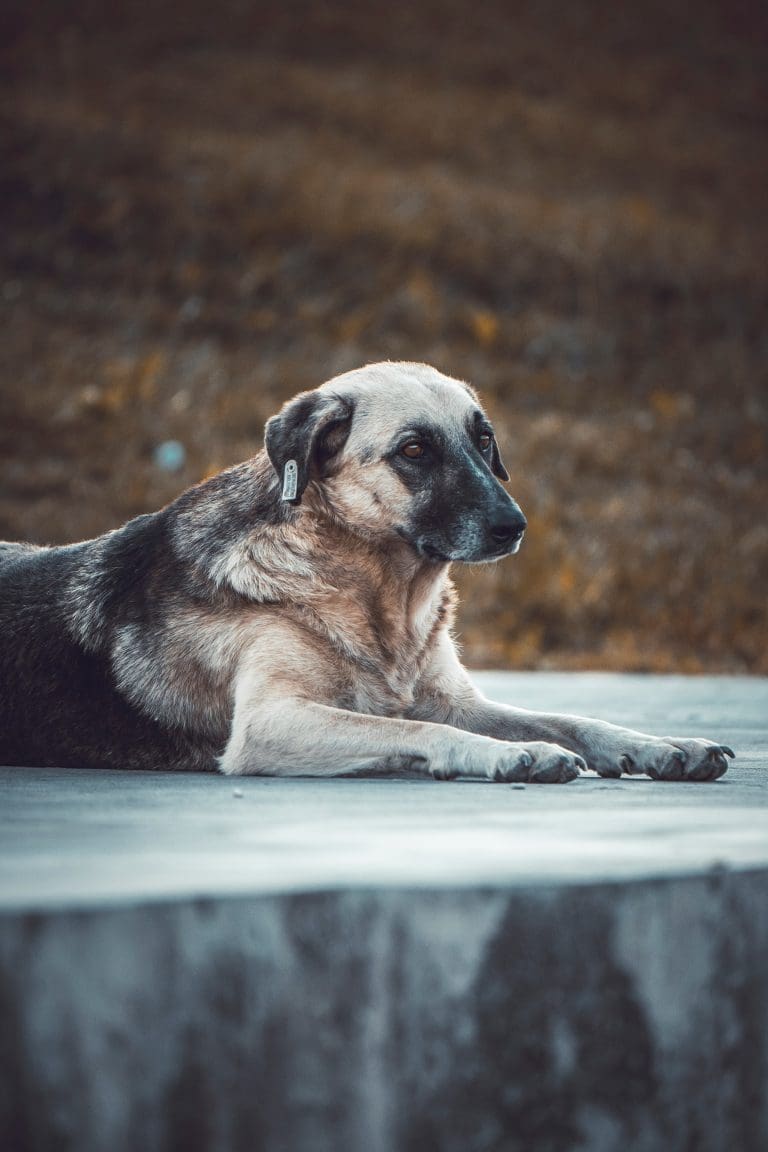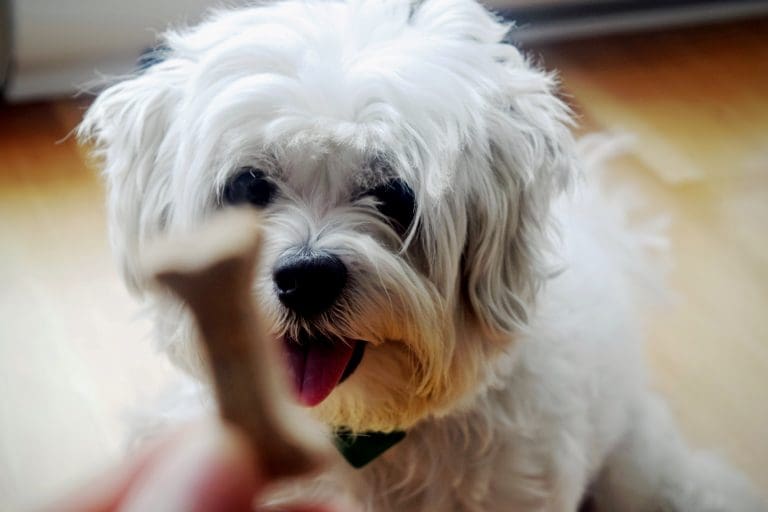Why Does My Dog Pee On My Bed?
Post Date:
December 10, 2024
(Date Last Modified: November 13, 2025)
Finding that your dog urinates on the bed can feel confusing and upsetting; understanding the likely reasons helps prioritize testing, management, and training steps.
Recognizing patterns and context
Start by noting when and where the incidents happen and what the dog was doing immediately before and after. If the dog urinates on the bed more than 3 times per week, that frequency suggests a recurring problem rather than an occasional accident[1]. Pay attention to time of day (night vs. daytime), whether the dog targets the center of the mattress or the edge, and whether the dog approaches the bed directly or eliminates after pacing or whining; those situational details narrow likely causes. Take short video clips when incidents occur if possible—timing, posture, and duration in the recording are often more diagnostically useful than memory alone.
Medical causes to rule out
Because medical problems can cause sudden or recurrent bed-soiling, a veterinary evaluation is a priority when incidents start without training changes. Standard veterinary diagnostics for urinary problems include a urinalysis, bloodwork, and sometimes abdominal imaging; clinics commonly ask for a urine sample collected within 24 hours of the appointment to guide testing[2]. Conditions commonly investigated include urinary tract infections, incontinence, diabetes mellitus, chronic kidney disease, and neurological causes that affect bladder control. Medications the dog is taking can also alter frequency and ability to concentrate urine, so bring a current medication list and note any recent drug changes. Early testing helps rule in or rule out treatable medical causes before prolonged behavioral interventions begin.
Behavioral motives: marking, submission, or excitement
Behavioral urination tends to show consistent posture and situational triggers that differ from medical accidents. Territorial or marking events are often small, frequent deposits performed against vertical surfaces and sometimes on raised bedding; these events may be less than 1 teaspoon (≈5 mL) per spot and can occur when new people or animals enter the environment[3]. Submissive or excitement urination is usually accompanied by a lowered body posture, tail tucked or low, and other appeasement signals; this pattern is common in puppies and in adults with fearful temperament. In contrast, a dog with a medical urgency often produces larger volumes and may show posturing consistent with full elimination rather than the quick sprays typical of marking.
| Posture | Typical amount | Likely cause | Notes |
|---|---|---|---|
| Standing, tail up | Small spots | Territorial marking | Often near edges or corners |
| Lowered/rolling | Small to moderate | Submission/excitement | Associated with visitors or scolding |
| Squatting, full posture | Large volume | Medical urgency/incontinence | Often accompanied by other signs |
| Multiple tiny spots | Repeated tiny amounts | Marking or scent redistribution | May be triggered by new scents |
Housetraining breakdowns and learned habits
Even well-trained dogs can develop renewed bed-soiling when routines change or reinforcement is inconsistent. Missing regular toileting opportunities, altered access to the bedroom, or a break in reinforcement schedules can allow a new habit to form. Focused retraining commonly takes 2–4 weeks before consistent improvement is seen, assuming no medical or behavioral complications[4]. Retraining steps include re-establishing a predictable schedule, rewarding successful eliminations immediately, and preventing unsupervised access to the bed during the retraining period so the accident cannot be reinforced.
Anxiety, stress, and emotional triggers
Emotional distress frequently presents alongside other behaviors such as pacing, excessive vocalization, destructive chewing, or intense attention-seeking. Separation anxiety in particular often produces elimination soon after the owner departs; many reported events occur within the first 15 minutes after leaving, which helps differentiate separation-related urination from problems tied to lack of housetraining or medical urgency[5]. Short-term calming steps like counterconditioning for departures, temporary confinement to a comfortable non-bedroom space, and enrichment before leaving can reduce immediate risk while a behavior plan is implemented. If signs are severe or include self-harm, consult a certified behaviorist or veterinary behaviorist promptly.
Age, mobility, and cognitive factors
Puppies and seniors require different expectations. Puppies under 6 months typically have limited bladder capacity and may need toileting every 2–4 hours depending on size and development; predictably scheduled breaks and crate training help set appropriate elimination patterns. Older dogs can develop arthritis that makes getting on or off a bed painful, and cognitive dysfunction that reduces awareness of housetraining rules; both problems increase accidental urination. Assistive measures such as ramps or steps, elevated but accessible alternatives, and brief products for incontinence can reduce incidents while underlying issues are addressed.
Scent, bedding, and environmental attraction
Beds hold human scent and bodily odors that can draw dogs back to the same spot; if a mattress or cover retains urine smell, the dog may re-offend to “rebalance” the scent. Natural fibers and thicker padding can trap odors more than impermeable synthetic covers, so selecting washable, low-absorbency protectors reduces scent retention. Removing scent cues promptly and completely is a key step in breaking the cycle.
Household dynamics and social triggers
Changes such as a new household member, an additional pet, or altered sleeping arrangements can shift social hierarchies and provoke marking or stress-related elimination. If multiple animals are in the home, monitor for resource-guarding signals around sleeping areas—stiffening, staring, or blocking access—that may precede urination. Introduce new animals or people gradually, limit initial bedroom access, and supervise interactions until calm coexistence is well established.
Prevention and training tactics
Management and training work together. Management steps include gating the bedroom, keeping the door closed, or restricting access with a baby gate or closed door while retraining occurs. Training steps focus on scheduled toileting, rewarding the dog for eliminating in appropriate locations, establishing a reliable cue for outdoor elimination, and using crate time as a control measure if the dog is comfortable in a crate. Environmental changes such as offering an elevated, comfortable dog bed in a common area and ensuring frequent outdoor breaks during the day reduce the dog’s incentive to select a human bed.
- Scheduled toileting: take the dog out on a predictable schedule and reward on-site elimination.
- Supervised access: allow bedroom time only under supervision until the dog shows consistent success.
- Replacement behaviors: teach a strong “go to bed” or “place” cue to give the dog a comfortable alternative.
Cleaning, odor removal, and deterrents
Removing the odor completely prevents the mattress and bedding from attracting repeat incidents; enzymatic cleaners are preferred because they break down organic urine compounds that trigger scent-driven re-offending. Machine washing bedding on a hot cycle at 140°F (60°C) helps sanitize fabrics when the manufacturer’s care label allows; if the mattress cover can be removed and washed, do so promptly and follow with an enzymatic treatment for the mattress surface if necessary[2]. Avoid ammonia-based cleaners because their smell can mimic urine and invite further marking. For mattresses that cannot be fully deodorized, a waterproof mattress protector or replacing the top layer may be needed; protective covers reduce long-term odor retention and make cleaning simpler.
When to consult a vet or behaviorist
Seek immediate veterinary attention if the dog shows blood in the urine, strains to urinate, has sudden increases in thirst, or develops systemic signs such as vomiting or lethargy. If medical causes are excluded but the problem persists despite consistent management and training, consider referral to a certified applied animal behaviorist or a veterinary behaviorist trained to assess and treat complex elimination problems. Bring a concise record to appointments: dates and times of incidents, short videos if available, details of any household changes, and recent medical history and medications to accelerate accurate diagnosis and treatment planning.






